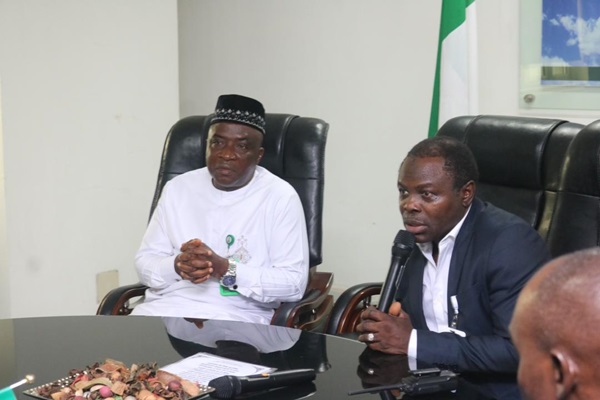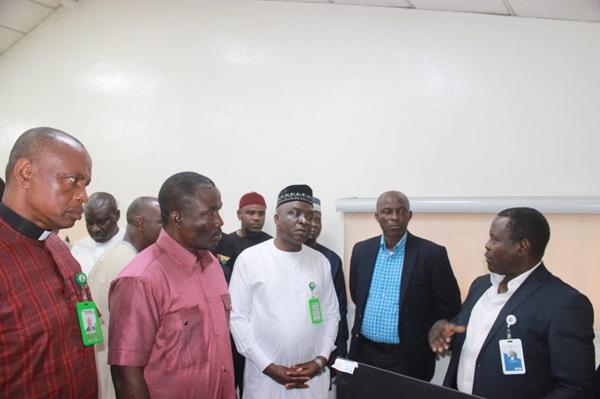
The Projects Development Institute (PRODA), Enugu and the MOMAS Electricity Meters Manufacturing Company Limited (MEMMCOL) are exploring a partnership to promote indigenous content for Nigeria’s national development.
This potential collaboration was the focus of discussions when the director-general of PRODA, Dr. Peter Ogbobe led the institute’s management team on a courtesy visit to MEMMCOL’s offices in Lagos.
During the visit, Ogbobe, who heads the research institute under the Federal Ministry of Innovation, Science and Technology (FMIST), emphasised that his administration is actively working to reposition the institute. He noted that the purpose of the facility tour was to foster interactions between PRODA staff and professionals in the engineering field. This exposure, he said, would help PRODA staff stay abreast of industry trends, standards, technological innovations and best practices.
Ogbobe expressed optimism about collaborating with MEMMCOL, which is notable for being the first indigenous company to implement prepayment metering solutions for the National Electric Power Holding Company of Nigeria.

He underscored the role of partnership in promoting local content in Nigeria’s technological landscape.
In response, MEMMCOL’s chairman and managing director, Engr. Kola Balogun expressed interest in partnering with PRODA on further research and the commercialisation of ceramic products such as porcelain insulators, ceramic wares and foundry products. He highlighted the need for this collaboration to advance indigenous manufacturing of high-quality substitutes for imported goods, especially in the electrical power systems sector.
Balogun also conveyed optimism that the partnership between PRODA and MEMMCOL would significantly contribute to national development, enhancing both organisations’ goals and contributing to the nation’s GDP.
According to Science Nigeria, the proposed partnership aims to identify shared objectives that would lead to useful collaboration and synergy in the innovation, science and technology sectors, ultimately contributing to Nigeria’s national development.


